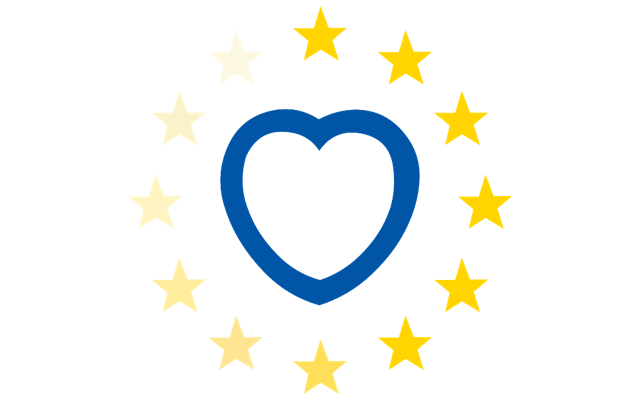EBAC reviewers confirm EBAC policy
Activity accreditation by consensus of independent reviewers
In their recent meeting in Frankfurt on Jan. 28th, 2017 EBAC reviewers discussed the advantages of a process that requires consensus of independent reviewers and confirmed that this should remain as a core principle in the accreditation of CME/CPD activities.
To make this possible EBAC has an interactive electronic reviewing system, which
- allows reviewers to discuss individual applications for accreditation
- makes reviewer consensus mandatory to grant accreditation and award CME points
- is a database to refer to for previous applications by the same provider or similar applications from other providers,
- provides an evidence-base for development of accreditation rules.
EBAC (which is a 100% daughter of a non-profit, charitable foundation, the European Cardiology Section Foundation, ECSF) grants equal access to all providers and provides reviews independent from third party influence.
Agreements on substantial equivalency with other accreditors
Agreements on substantial equivalency between accreditors constitute an important element of support and stimulation in their work to develop international best-practice in medical education and its supervision.
EBAC currently is the only European-international accreditor who holds an agreement on mutual recognition of substantial equivalency with the US Accreditation Council for CME (ACCME), and a similar agreement with the Royal College of Physicians and Surgeons of Canada is currently being prepared.
EBAC reviewers fully supported the policy that agreements of substantial equivalency should be reached before any regulations on conversion of CME points between different accreditation systems might be defined.
European CME accreditation in need for harmonisation through consensus
Three years ago several European Specialty Accreditation Boards started an informal collaboration, which now has resulted in a position paper on current aspects in sponsored CME, submitted for publication in the Journal of European CME (JECME). Several of the participating organisations have expressed their wish to not only continue, but to also formalise this cooperative approach, including organisations providing CME accreditation on the national level. EBAC reviewers consider this an outstanding opportunity to promote harmonisation through consensus on principles and rules in accreditation.
